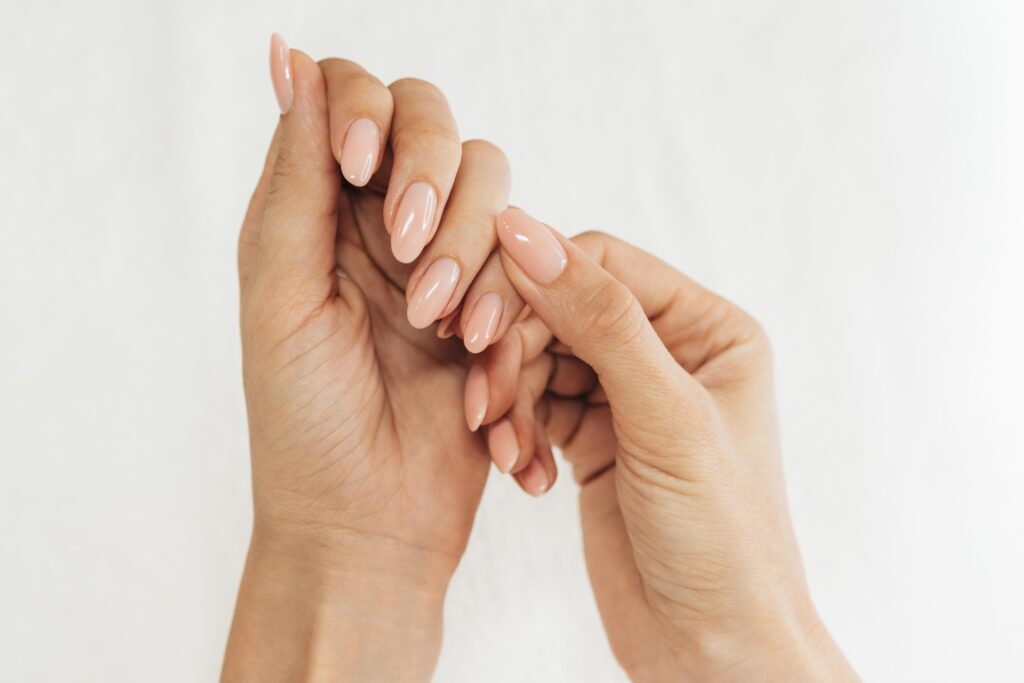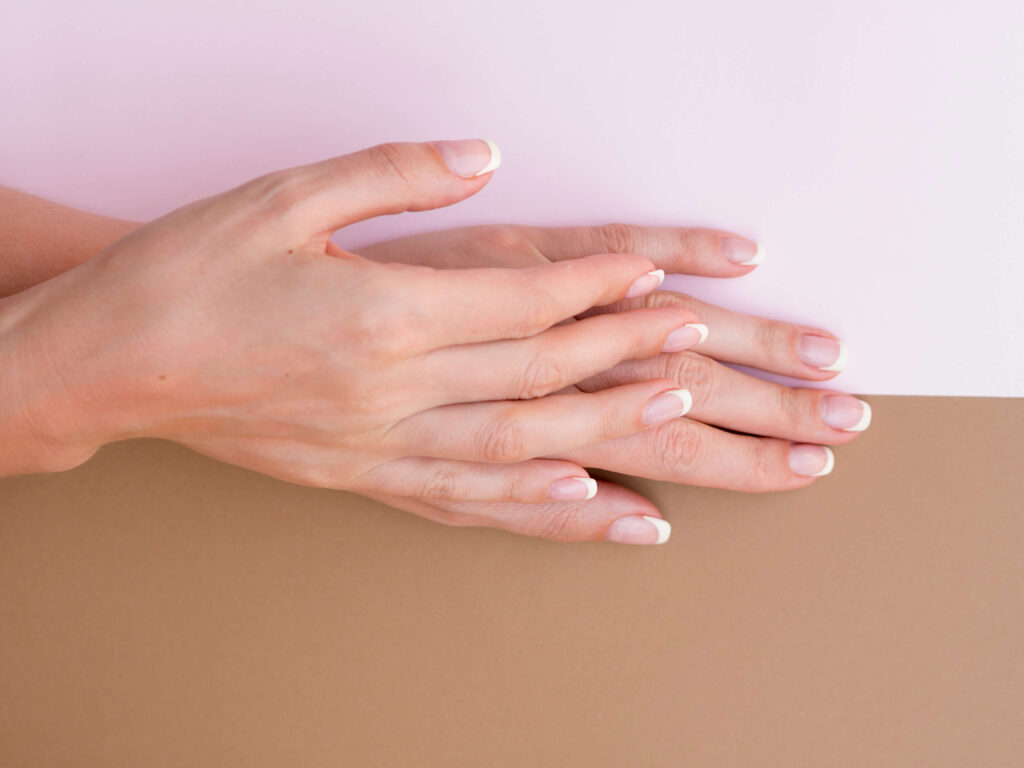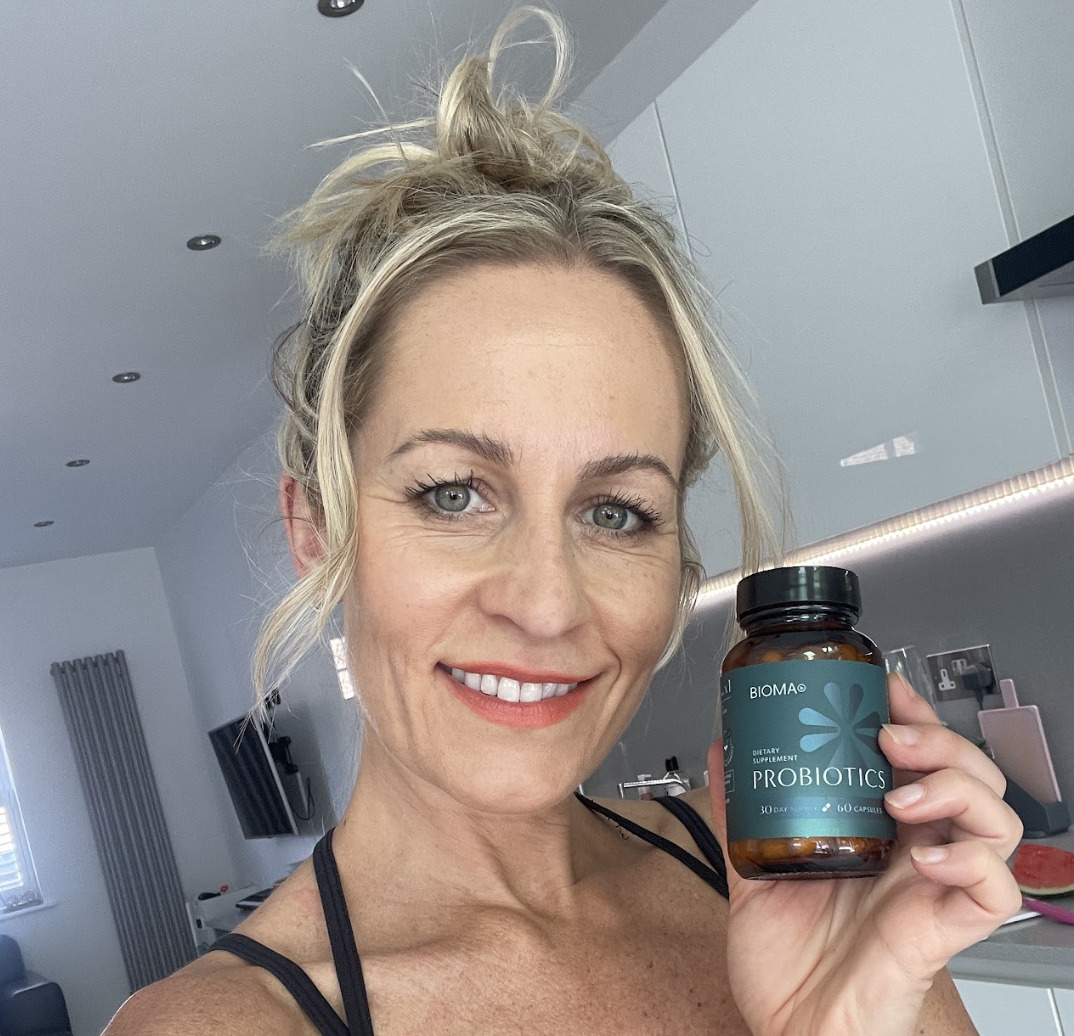Why Your Nails Keep Breaking: Common Causes and Fixes

What is nail breakage?
Nail breakage occurs when your nails become weak and snap under pressure. It can happen for many reasons, ranging from physical trauma to underlying health issues. Broken nails are more than just a cosmetic concern—they can be painful, frustrating, and a sign that something inside your body may need attention.
Healthy nails are strong and resilient, but when they start breaking frequently, it’s a red flag. The causes behind nail breakage are often linked to external factors like harsh treatments or environmental damage, but they can also point to internal issues such as nutrient deficiencies or poor digestion.

Why are strong nails important?
Nails are more than just a cosmetic feature—they help protect the sensitive fingertips and improve our ability to handle objects. Nails that are strong and healthy reflect good overall health, while brittle, broken nails can indicate an imbalance in your body. Nails can show early signs of deficiencies or stress, so it’s essential to pay attention when they start breaking regularly.
Nail health is often a reflection of your nutrition, digestion, and overall wellness. Ensuring that your body gets the right nutrients and that your digestion is functioning well can significantly improve nail strength and reduce breakage.
Common Causes of Nail Breakage
1. Nutrient Deficiencies
One of the most common causes of nail breakage is a lack of essential nutrients. If your diet is lacking in key vitamins and minerals, your nails may become weak and prone to breaking. Some nutrients crucial for nail health include:
- Biotin: A vitamin B complex that helps strengthen nails and hair.
- Iron: Essential for healthy nail growth. Iron deficiency can lead to weak, brittle nails.
- Zinc: Important for cell division and growth, including the cells in your nails.
- Vitamin D: Helps in the absorption of calcium, promoting strong nails.
- Protein: Nails are made of keratin, a type of protein, so a lack of protein can cause nails to become thin and brittle.
If your body is unable to absorb these nutrients effectively, it can lead to weakened nails that are more susceptible to breaking.
2. Dehydration
Just like your skin, your nails need hydration to stay strong. Dry nails are more likely to crack, peel, or break, especially in cold or dry environments. Lack of hydration can also lead to an overall weakening of nail structure.
Drinking enough water and using moisturizers specifically designed for your nails can help maintain their strength. Applying oils, like almond or jojoba oil, can keep nails nourished and prevent breakage.

3. Excessive Use of Nail Products
Frequent use of nail polish, especially without giving your nails time to breathe, can weaken them over time. Nail polish removers that contain harsh chemicals (like acetone) strip the nails of essential oils, leaving them dry and brittle. Overuse of gels, acrylics, or nail hardeners can also damage your nails if not removed properly.
If you often wear nail polish, consider switching to natural alternatives or giving your nails a break between manicures to prevent them from becoming weak and prone to breaking.
4. Harsh Chemicals and Household Products
Constant exposure to chemicals found in cleaning products, detergents, and even some soaps can weaken your nails. These chemicals strip your nails of their natural oils and moisture, leaving them vulnerable to breaking.
To prevent damage, wear gloves while doing household chores and avoid using your nails to open or scrape things. It’s essential to protect your nails from harsh chemicals whenever possible.
5. Physical Trauma
Accidental trauma is a common cause of nail breakage. Whether it’s hitting your finger against a hard surface or using your nails to pry something open, physical trauma can cause nails to split or crack.
While you can’t always avoid bumps and bruises, using your nails gently and protecting them with gloves when engaging in activities that could cause trauma is a good way to prevent breakage.
6. Poor Digestion and Gut Health
Your digestive system plays a significant role in how well your body absorbs nutrients, and poor digestion can lead to nutrient deficiencies that directly affect your nails. A compromised gut may struggle to absorb essential vitamins and minerals, leaving your nails weak and prone to breaking.
Supporting gut health is essential for the overall wellness of your body, including your nails. Probiotics and prebiotics help balance the microbiome, ensuring that your body can properly absorb the nutrients it needs for strong nails.
“Improving gut health is often the first step in fixing nail breakage issues. A healthy gut leads to better nutrient absorption, which supports healthier, stronger nails.”
– Dr. Will Bulsiewicz, MD, gastroenterologist
Bioma’s collagen gummies for hair, skin and nails can help support your gut health, improving nutrient absorption and overall wellness. These gummies contain prebiotics and postbiotics that help restore gut balance, leading to better nutrient absorption, which can help strengthen your nails and prevent breakage.

How to Fix Nail Breakage
1. Improve Your Diet
Start by focusing on a balanced diet rich in the nutrients your nails need to stay strong. Include foods high in:
- Biotin: Eggs, almonds, and sweet potatoes.
- Iron: Leafy greens, legumes, and lean meats.
- Zinc: Nuts, seeds, and whole grains.
- Protein: Lean meats, beans, and tofu.
Incorporating more of these foods into your diet will support stronger nails over time. You can also consider supplements if your diet is lacking in specific nutrients.
2. Hydrate and Moisturize Your Nails
Keep your nails hydrated by drinking plenty of water throughout the day. Additionally, apply moisturizers specifically designed for nails. You can also use oils like coconut or olive oil to nourish your nails and cuticles.
3. Use Gentle Nail Products
Avoid using harsh nail products that could damage your nails. Opt for acetone-free nail polish removers and limit the use of gels or acrylics. Make sure to give your nails a break between manicures to allow them to recover.

4. Wear Gloves for Protection
To protect your nails from chemicals and physical trauma, always wear gloves while cleaning or engaging in activities that could cause damage. Using gloves can help protect your nails from harsh chemicals and prevent breakage caused by trauma.
5. Support Your Gut Health
Since poor digestion and nutrient absorption can lead to weak nails, supporting your gut health can significantly improve the condition of your nails. Consider adding Bioma’s Collagen Gummies to your daily routine. These gummies are designed to improve gut health by promoting a healthy microbiome, which helps your body absorb nutrients more effectively. This, in turn, can help strengthen your nails, reducing the risk of breakage.
6. Consider Nail Supplements
Taking supplements like biotin, collagen, or vitamin E can help promote nail health. Make sure to consult a healthcare professional before starting any new supplement regimen to ensure it’s right for you.
When to Consult a Doctor
If your nails continue to break despite making lifestyle and dietary changes, it may be time to see a healthcare provider. Persistent nail breakage can sometimes signal an underlying health issue, such as:
- Nutrient deficiencies
- Thyroid imbalances
- Autoimmune diseases
A doctor can help you identify the root cause and recommend appropriate treatments.
What causes nails to break easily?
There are several reasons why nails may break easily. Common causes include nutrient deficiencies (like biotin, zinc, or iron), dehydration, harsh nail treatments, and environmental factors like exposure to chemicals or cold weather. Nail damage can also result from frequent hand washing, aggressive nail care habits, or underlying health conditions such as thyroid imbalances or anemia.
How can I prevent my nails from breaking?
To prevent nails from breaking, ensure you are moisturizing your nails and cuticles regularly. Avoid biting your nails or picking at your cuticles, and use a gentle nail file to shape your nails. Be mindful of the products you use on your nails and wear gloves when handling chemicals. A healthy diet rich in essential vitamins and minerals, particularly biotin, can also help strengthen nails.
Can a lack of biotin cause nails to break?
Yes, a biotin deficiency can contribute to brittle nails. Biotin (Vitamin B7) plays a crucial role in supporting nail health by promoting keratin production, which strengthens the nail structure. If you notice your nails breaking more frequently, adding biotin-rich foods (like eggs, nuts, and sweet potatoes) or taking a biotin supplement may help improve nail strength.
How does hydration affect nail health?
Hydration is essential for healthy nails. Dry nails are more prone to breaking and peeling. Drinking plenty of water and using hydrating nail products, such as oils or moisturizers, can help maintain the elasticity of your nails and prevent them from becoming brittle. Keeping your nails moisturized helps them stay flexible and resistant to breakage.
Can nail polish or harsh nail treatments cause nails to break?
Yes, frequent use of nail polish, especially if not properly removed, can weaken nails. Harsh nail treatments, such as acrylics, gels, or frequent use of nail polish removers with acetone, can strip nails of natural oils and cause them to become brittle. It’s essential to give your nails a break from time to time and use nourishing treatments to maintain their health.
Related articles






